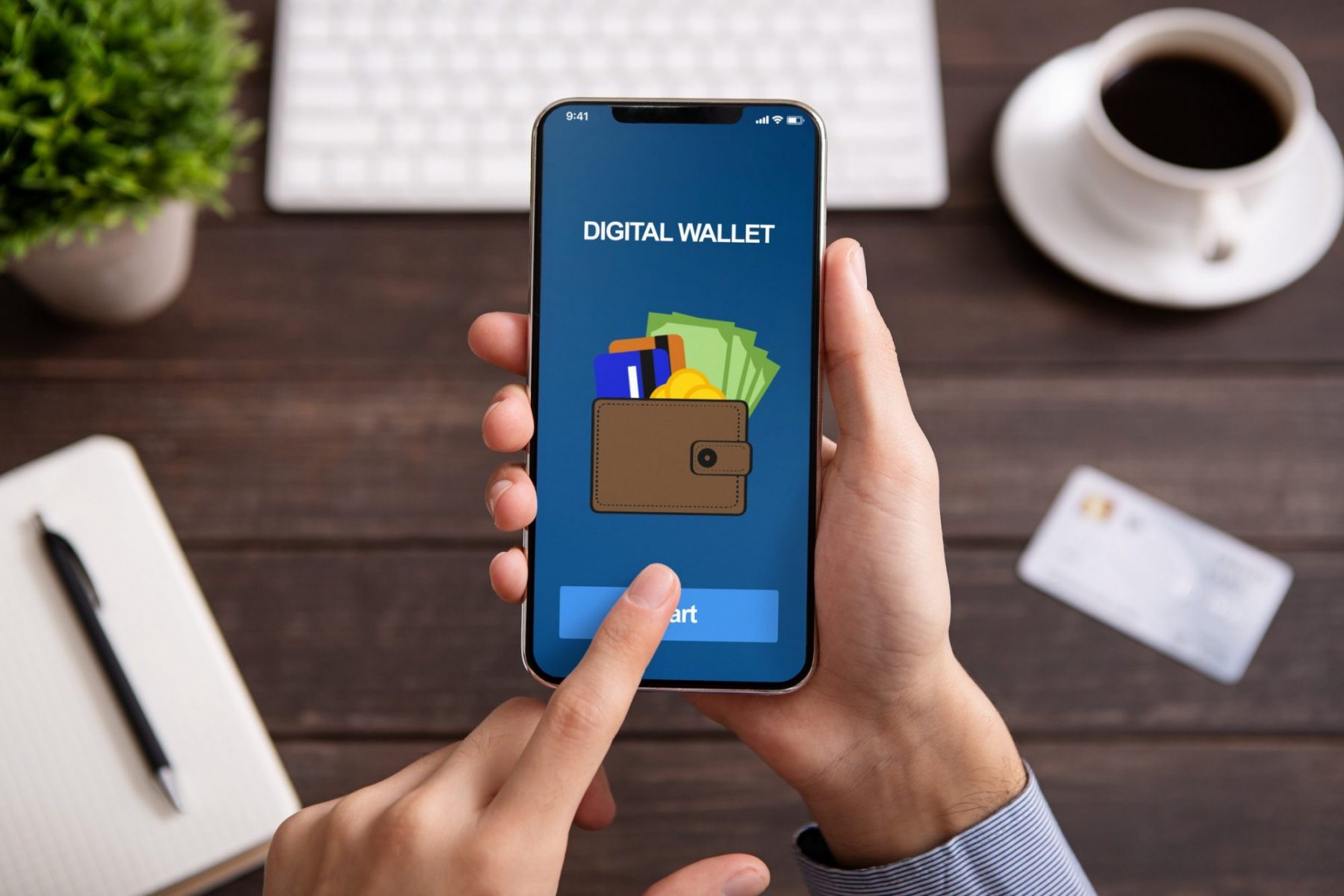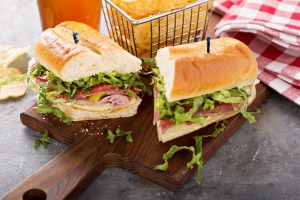
15 Sep Vending Machines in Minneapolis and St. Paul Keep Adapting

2020 has brought about many unforeseen changes, especially in Minneapolis and St. Paul break rooms. Whether a break room offered vending machines or a micro-market, refreshment providers have had to adapt. This isn’t, however, the first time that break room equipment has been modified to meet a new need. Since the very first vending machine was developed, individuals have continued to use them to solve a variety of different problems.
Vending Machine History
The concept of a vending machine has been around for a lot longer than most Minneapolis and St. Paul residents realize. In fact, the first vending machine was said to have been written about by the mathematician Hero in 215 BC in Ancient Egypt. In this machine, the user placed a coin in the machine and received holy water; a job previously performed by an individual. Here are several important changes that have helped make the vending machine what it is today include:
1888: Tutti-Frutti gum vending machines were installed in a New York City subway station.
1946: The first coffee vending machine was invented.
1950: Refrigerated sandwich vending machines expanded the lunch menu.
1950s – 1970s: located in U.S. airports, vending machines sold life insurance policies covering death, should the buyer’s flight crash.
1961: Canned soft drink vending machines offered customers new beverage options.
1972: Glass-front snack machines were introduced.
1985: Credit/debit card payment devices were introduced.
1987: Frozen food vending machines were introduced.
1991: Flavored coffees, espresso, and cappuccino were introduced in coffee machines.
Today
In the 150+ years since the first fully automatic vending machine was invented, a wide range of products, from practical to crazy, have been sold. In 2020, non-edible options including personal protection equipment (PPE) can be found. The following organizations highlight how vending machines can be converted to help combat the spread of COVID-19.
New Jersey Transit (NJT) has installed vending machines in handful of stations that sell PPE such as face masks, hand sanitizer, sanitized wipes, and disposable gloves to the public. Kevin Corbett, CEO & President of NJ Transit, explained, “We want our customers to trust that we have prepared the safest and cleanest transit system possible for their return and will continue to work hard every day to keep it that way.”
Virginia Commonwealth University (VCU) has developed a similar program. Located throughout the campus, vending machines offer masks, hand sanitizer and other protective products at no cost to the students or university employees. The university tracks “purchases” via the school’s id card system, ensuring that everyone can only make one purchase per product per month.

As with the new machines at VCU and NJT, vending machines in Minneapolis and St. Paul break rooms offer several benefits for employees. Employers can create a customized menu that includes the snacks, beverages, and fresh food their employees want. Not only are a variety of payment options available, including cash, credit/debit cards and mobile payment apps, but employers can also cover part or all the costs for their employees. In addition, break room vending machines can encourage employees to stay on-site when they need something to eat or drink, reducing person to person contact and the likelihood of coming into contact with COVID-19.
Is your Minneapolis and St. Paul break room ready to safely offer sought-after refreshment options? We are here to help you create an inviting and welcoming space that also safely delivers everyone’s favorite snacks, cold beverages, fresh food, and coffee. For more information, please call C&S Vending Company at 800-642-6254.

